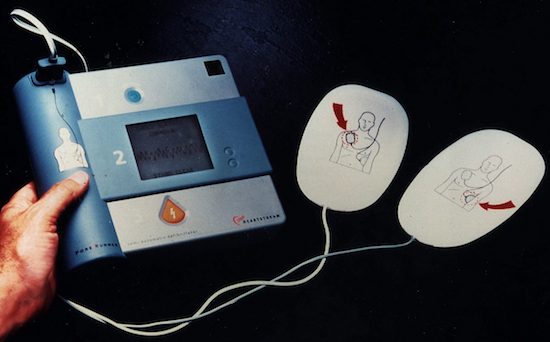Brooklyn appeals court limits liability of school in student’s death

A panel of Brooklyn Appellate Court judges ruled that a Queens high school may not be wholly liable for the death of a student who collapsed to her death during a physical education class.
According to court papers, 11th grader Schermiela Palmer collapsed and died after walking and running around a track at Beach Channel High School. Palmer’s parents filed a suit against New York City, the New York City Department of Education and the school itself, asserting that the parties were negligent in the supervision of their child.
Palmer’s parents sought a summary judgment from the court that as a matter of law — as opposed to a matter of fact — the school’s negligence caused their daughter’s death. In order to succeed on summary judgment, one has to prove that there are now facts in dispute in the case at hand and that the law demands that the defendant be found liable of the actions claimed.

Brooklyn Heights
View MoreRead the Brooklyn Height's Press and Cobble Hill News. Find out more about Brooklyn Height's History here.